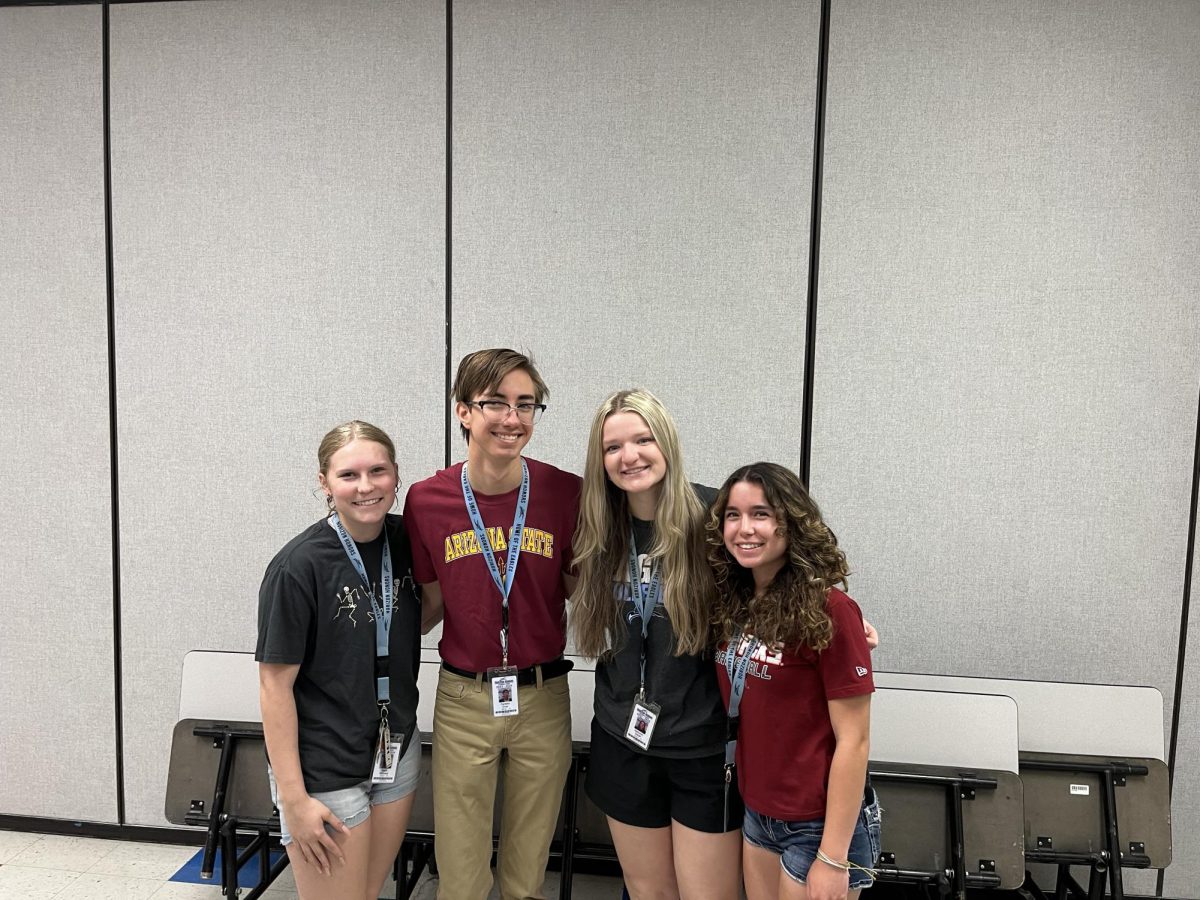Kesha Denied by the Supreme Court
This past week, songwriter Kesha went head-to-head with Dr. Luke in court – and was denied freedom from a long-term contract that tied her to an alleged abuser.
February 25, 2016
On Friday, Feb. 19, 2016, a two-year battle between Kesha and producer Dr. Luke (born as Lukasz Gottwald) came to a head in court. Kesha claimed Dr. Luke had abused her sexually, emotionally, verbally, and physically over the decade she’d been working with him according to the Huffington Post. Fans all over the world have tried to keep Twitter hashtag #FreeKesha trending worldwide in the past week, and an unknown fountain of support has risen up for Kesha all over the world.
In 2014, Kesha was admitted into a hospital for an eating disorder. After leaving the hospital and losing the “$” in Ke$ha, while also starting a long road to recovery, she filed a lawsuit against her producer. She started to speak out about the abuse that she’s been through. Basically, she just wanted out of the contract that ensures she makes three more albums with Dr. Luke and Sony, according to CBS. Dr. Luke then countered by suing Kesha for libel and going on social media (@TheDoctorLuke on Twitter) to say that he never raped her and always has considered Kesha a little sister. When the jury let out this past Friday, it turns out New York Supreme Court Justice Shirley Kornreich denied Kesha freedom from the contract she signed when she was 18, over a decade ago. Under the contract, the songwriter has to write three more albums with Dr. Luke. She broke down into tears after the ruling.
If you look at this from a neutral standpoint, Kesha made a lot of claims that could be “out there.” For example, Kesha stated that he forced her to take an illegal drug and then he raped her. There’s also several more accusations of drugs and rape, reaching the point where she stated that Dr. Luke threatened to destroy both her life and her family’s if she told anyone. It sounds a tad fake, but it’s definitely not a story that’s unheard of. Abuse survivors all over the world can relate to the terror Kesha describes in the claims she makes. If the claims are a ploy to get out of her contract, she’s a brilliant actress for being able to play an abuse victim for the past decade, including getting an eating disorder that she says was partially enforced into a reality by Dr. Luke. That sentence is sarcastic, by the way.
Kesha wasn’t asking for money for what Dr. Luke did to her. She simply wanted out of the contract, to escape an abuser. The Justice, however, didn’t seem to fully understand the reasons why Kesha wanted to leave behind that contract. Kornreich says in an interview that “there is no irreparable harm…She’s being given the opportunity to record.” Kesha just wanted to give herself her own recording rights, instead of Dr. Luke having control over them. She wants the ability to record when she wants to, and not when Dr. Luke tells her to. The reason Kesha wanted to get away wasn’t just to record music, but to escape an abuser.
On another note, I really don’t understand why the songwriter had to go to court to escape the situation. I mean, ex-One Direction member Zayn Malik left One Direction in the middle of a world tour last year because he didn’t like the band or the situation. Kesha, however, had to step up to court and put her future in a judge’s hands. Why can’t she back out of her deal without an uphill battle, while Malik can just mosey on out while he’s needed on tour? Isn’t that a bit strange?
Whether or not Kesha is an abuse survivor or not, the fact that she’s tied to a contract she agreed to a decade ago, when she was a young adult and had no full understanding of adulthood yet, is something that just isn’t right. We all make mistakes, especially when starting out in the world on our own. Kesha was a subject of someone considerably older than her taking advantage of her naivety and turning it against her. Kesha should be able to walk out of her contract, and not be forced to stay in a place that leaves her unable to produce music on her own terms.













